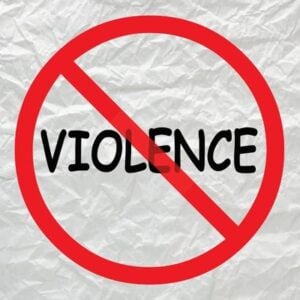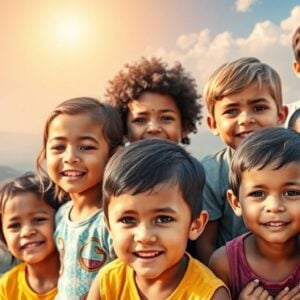2025 marks a pivotal moment for global gender equality, with just five years remaining to meet the 2030 Agenda for Sustainable Development goals. The Gender Snapshot 2025, produced by UN Women and the UN Department of Economic and Social Affairs, highlights both the achievements and persistent challenges, emphasizing that the choices made now will determine whether societies advance toward equality or deepen existing disparities.
There are notable reasons for optimism. Girls are outperforming boys in school completion, women are increasingly represented in parliaments, and nearly 100 countries have eliminated discriminatory laws related to child marriage and sexual consent. Yet, poverty, hunger, conflict, climate crises, and backlash against gender equality continue to threaten progress, risking the reversal of gains made over a generation.
Poverty remains disproportionately female. Ten percent of women still live in extreme poverty, and by 2030, 351 million women and girls could remain trapped in dire conditions. Women face barriers in land ownership, finance, and access to decent jobs, compounded by the unequal burden of unpaid care work. Strategic interventions could reduce women’s extreme poverty from 9.2% in 2025 to 2.7% by 2050, potentially adding $342 trillion to the global economy, underscoring that investing in women is a key driver of growth.
Food insecurity and poor health also disproportionately affect women. In 2024, 26.1% of women faced food insecurity, compared to 24.2% of men, while women spend nearly three more years in poor health. Malnutrition and anemia hinder women’s education, employment, and leadership prospects, and these impacts extend to children, perpetuating cycles of poverty. Addressing women’s health and nutrition is therefore critical to broader societal well-being.
Despite gains in education, harmful practices and gender-based violence continue to impede progress. While girls are more likely to complete school, child marriage, female genital mutilation, and intimate partner violence remain prevalent. Protective laws and services reduce these risks, proving that effective legal and social interventions can safeguard girls’ futures and enable leadership opportunities.
Women remain underrepresented in leadership and high-paying roles. Globally, women hold only 27% of parliamentary seats and 30% of management positions, with full parity decades away at the current pace. Barriers start with unpaid care responsibilities and limited access to lucrative careers. Even in tech and AI, women comprise just 29% of the workforce and 14% of leaders, with a higher proportion of women’s jobs at risk from automation. Closing the digital gender gap could benefit millions, improving economic inclusion, food security, and generating $1.5 trillion in growth by 2030.
Conflict and climate change disproportionately affect women, with 676 million living near deadly conflicts in 2024 and millions more vulnerable to climate shocks. These crises exacerbate income loss, unsafe living conditions, and poverty. Simple investments, such as $8 billion annually in clean cooking fuels, could deliver massive health, time, and carbon savings, demonstrating the economic and social value of gender-sensitive climate solutions.
Reliable data is critical for progress, yet many countries are underfunding national statistical offices. Only 57% of essential gender data is available, just one in four countries track gender spending, and half of national gender institutions are under-resourced. Without robust data, governments cannot effectively target interventions or measure progress, risking women’s exclusion from development outcomes.
With only five years remaining to achieve the 2030 targets, the stakes could not be higher. Gender inequality undermines economic growth, societal resilience, and global prosperity. Investing in women can lift millions out of poverty, add trillions to the global economy, and transform societies. The Gender Snapshot 2025 highlights six transformative areas—digital inclusion, poverty eradication, protection from violence, equal decision-making, peace and security, and climate justice—as a roadmap to accelerate progress. The future will be fairer and more prosperous only if gender equality is prioritized now.






